Catherine Lord is distinguished professor of psychiatry and education at the University of California, Los Angeles. She specializes in diagnosis, social and communication development, and intervention in autism.
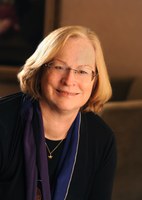
Catherine Lord
Director, Center for Autism and the Developing Brain
Weill Cornell Medicine
From this contributor
Your questions about the Lancet Commission and ‘profound autism,’ answered
Tony Charman and Catherine Lord answer questions from Spectrum’s webinar on the Lancet Commission’s recommendations for autism research.
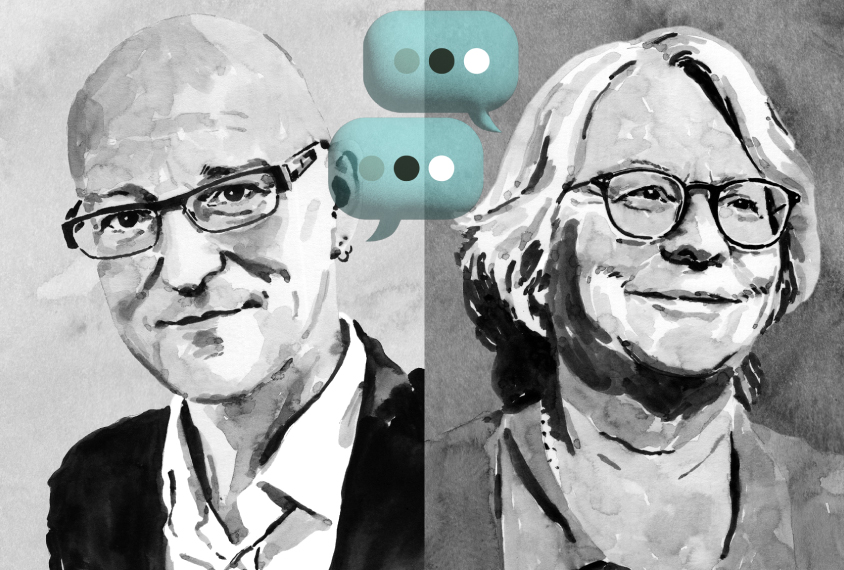
Your questions about the Lancet Commission and ‘profound autism,’ answered
Catherine Lord: Lessons from a storied career in autism research
Catherine Lord's career has been defined by relationships: with mentors, protegees and, above all, with autistic people and their families.
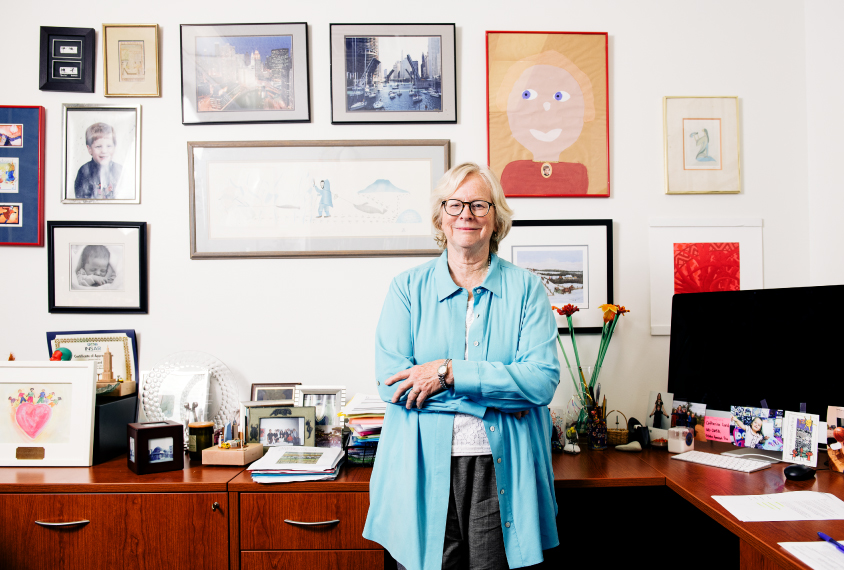
Catherine Lord: Lessons from a storied career in autism research
Measures of success for adults with autism need to mature
As children with autism grow into adults, the challenge is in measuring the skills that matter most in their daily lives.

Measures of success for adults with autism need to mature
Optimal outcome
Some children classified as having autism outgrow their diagnosis, but it’s not yet clear why this group does better, says Cathy Lord.
Autism and the arts: “Lucy” captures disorder‘s complexity
Itʼs not often that movies, books and plays represent science accurately, or with a true and empathetic understanding of its complexity.

Autism and the arts: “Lucy” captures disorder‘s complexity
Explore more from The Transmitter
Karen Adolph explains how we develop our ability to move through the world
How do babies' bodies and their environment teach them to move—and how can robots benefit from these insights?
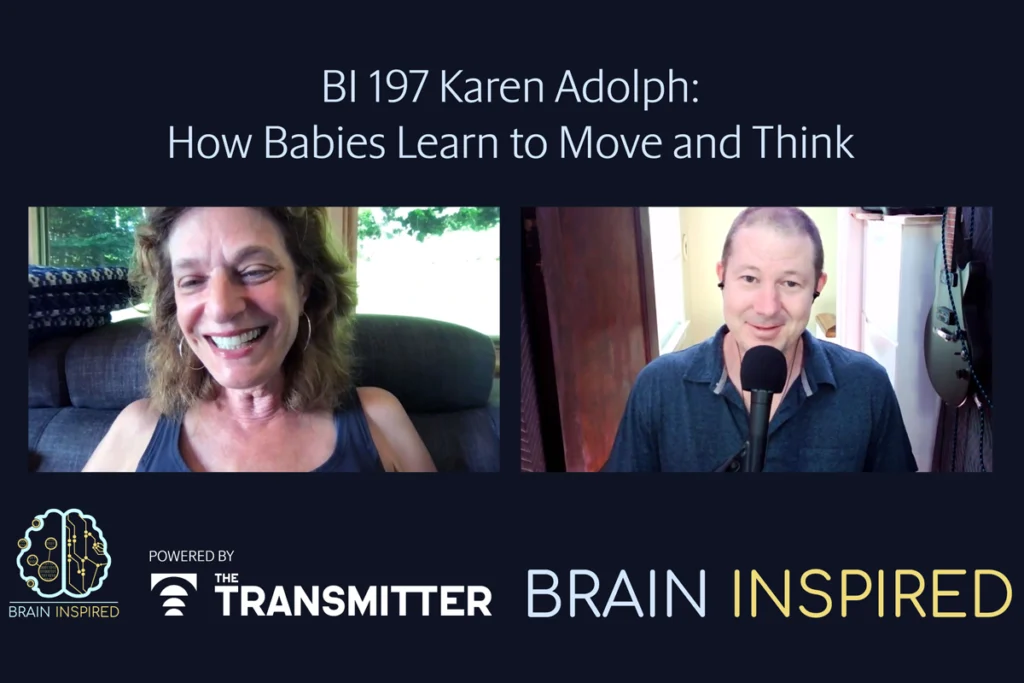
Karen Adolph explains how we develop our ability to move through the world
How do babies' bodies and their environment teach them to move—and how can robots benefit from these insights?
Microglia’s pruning function called into question
Scientists are divided over the extent to which the cells sculpt circuits during development.
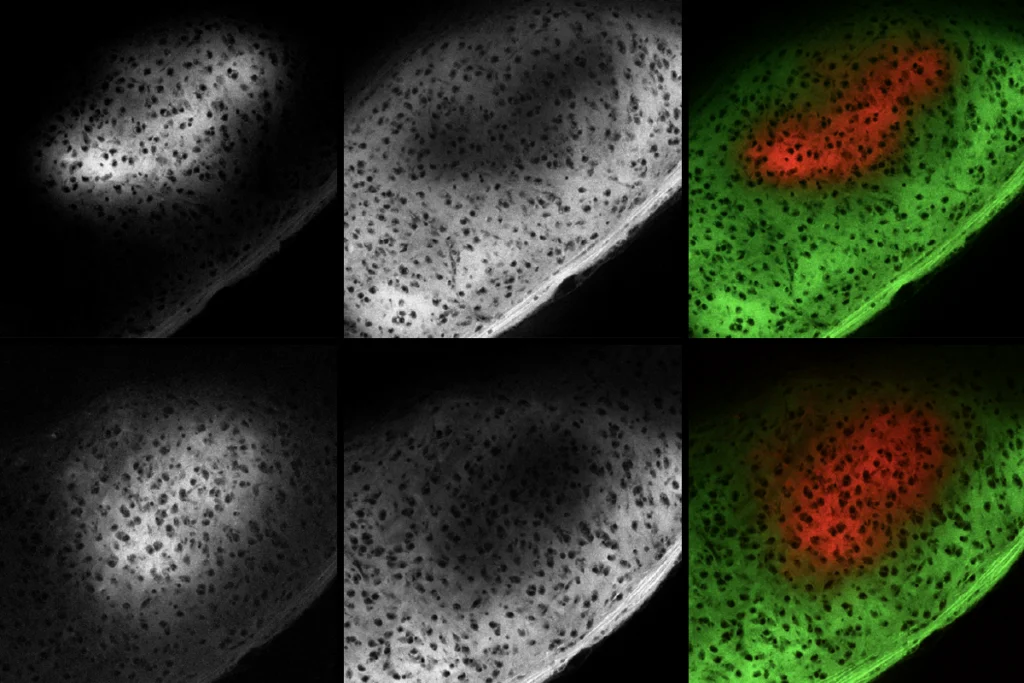
Microglia’s pruning function called into question
Scientists are divided over the extent to which the cells sculpt circuits during development.
Early trajectory of Alzheimer’s tracked in single-cell brain atlases
Inflammation in glia and the loss of certain inhibitory cells may kick off a disease cascade decades before diagnosis.
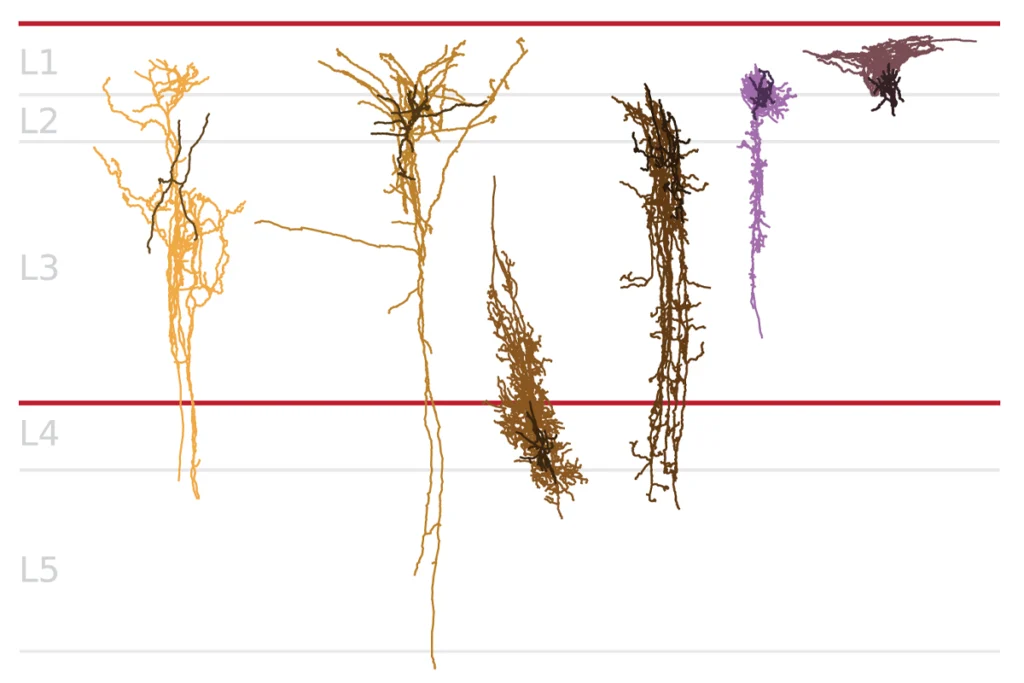
Early trajectory of Alzheimer’s tracked in single-cell brain atlases
Inflammation in glia and the loss of certain inhibitory cells may kick off a disease cascade decades before diagnosis.
